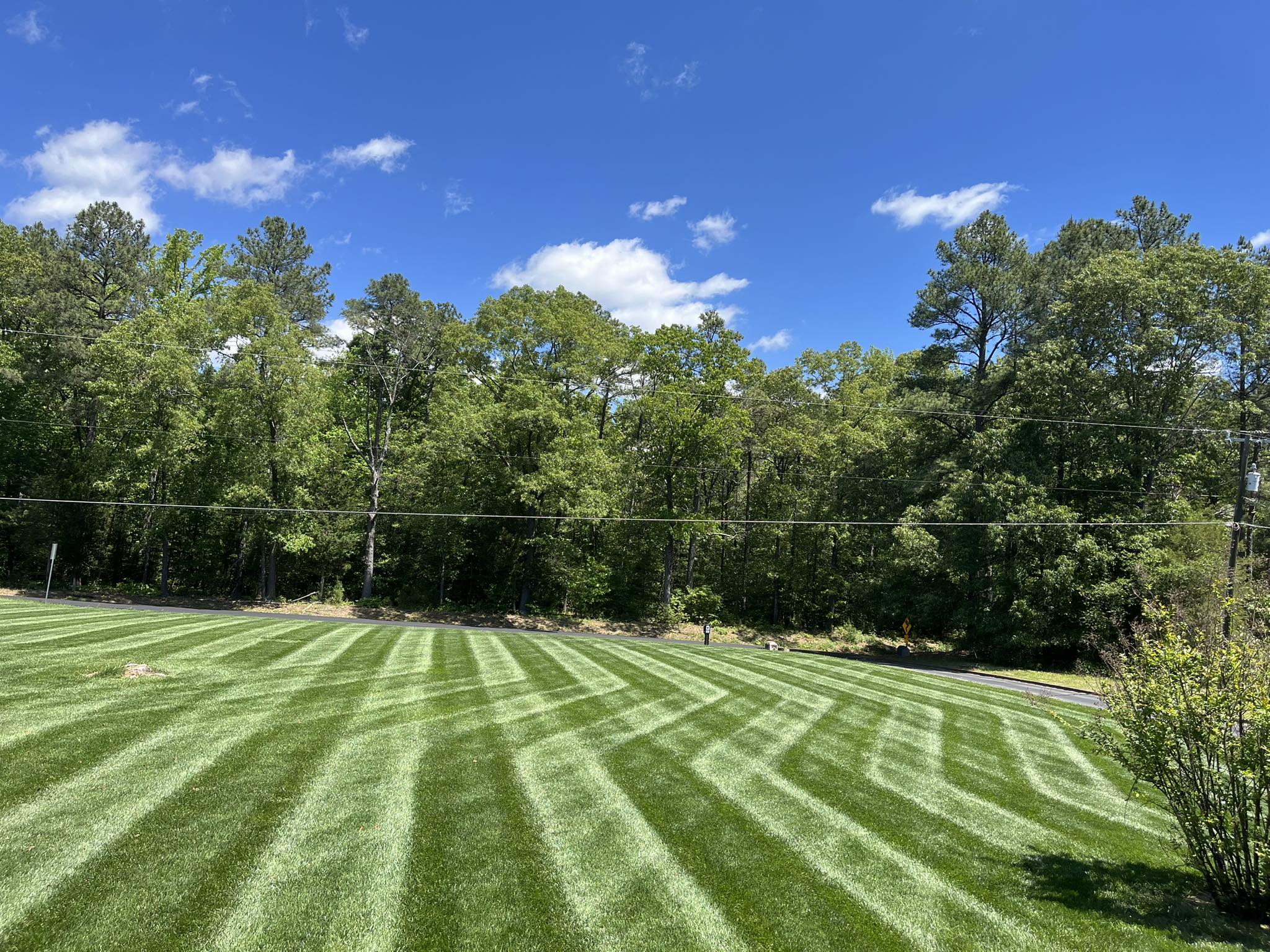
Sustainable Watering Techniques for a Thriving Landscape Nov 16, 2025
To kick-start your journey toward sustainable landscaping, it's essential to understand the importance of effective watering. Using water wisely not only saves money but also ensures that plants remain healthy and vibrant. One of the first steps in achieving this goal is to ascertain the specific needs of your landscape. Different plants and grass types have unique requirements, so knowing their needs will help tailor your watering strategy effectively.
The timing of your watering is crucial. Early morning is often the best time to water your garden. Watering in the early hours minimizes evaporation, ensuring that the moisture reaches the roots before the sun's heat escalates. This can result in significant water conservation and healthier plants.
Moreover, investing in a drip irrigation system can be immensely beneficial. This system delivers water directly to the plant's roots, reducing water wastage significantly compared to traditional sprinklers. Drip irrigation systems are designed to work efficiently by targeting the root areas, ensuring that every drop contributes to the plant's nourishment.
Incorporating native plants into your landscape design can further enhance sustainability. Native species are naturally adapted to the local climate and require less water overall. Their deep root systems also improve soil structure and promote water retention. As a bonus, they'll attract local wildlife such as pollinators, contributing to a healthier ecosystem.
Mulching is another powerful technique to consider. Applying a layer of organic mulch around your plants helps retain soil moisture, regulate temperature, and prevent erosion. Mulch also enriches the soil as it decomposes, offering a steady supply of nutrients to your plants. Be sure to use eco-friendly mulch options to maintain the sustainability theme.
Soil quality plays a significant role in water management. Aerating your lawn promotes better water infiltration, helping roots grow deeper and stronger. Additionally, incorporating organic matter like compost into your soil can enhance its ability to retain moisture. This step reduces the need for frequent watering and supports plant health.
Encouraging water conservation starts with small but significant steps. For example, consider harvesting rainwater. Collecting rainwater helps reduce reliance on municipal water supplies and provides an excellent source of sustainable irrigation. Simple systems like rain barrels can be easily set up to catch runoff from roofs, which can then be used during dry spells.
As we embrace sustainability in landscaping, it's crucial to remember the broader impact of our actions. Implementing these sustainable watering techniques not only conserves water but also supports a healthier environment. By making these conscious choices, you're not just creating a picturesque landscape; you're contributing to a greener planet.
In conclusion, adopting sustainable watering practices can make a lasting difference to your garden and the environment. With Atlas Home Services by your side, you have the resources and expertise needed to transform your landscape into an oasis that is as sustainable as it is stunning. Let's embrace these practices and lead the way towards a more sustainable future, one garden at a time.
/filters:no_upscale()/filters:format(webp)/media/0c9e71d1-6e57-4ac9-a738-0edef28fbf3c.jpeg)